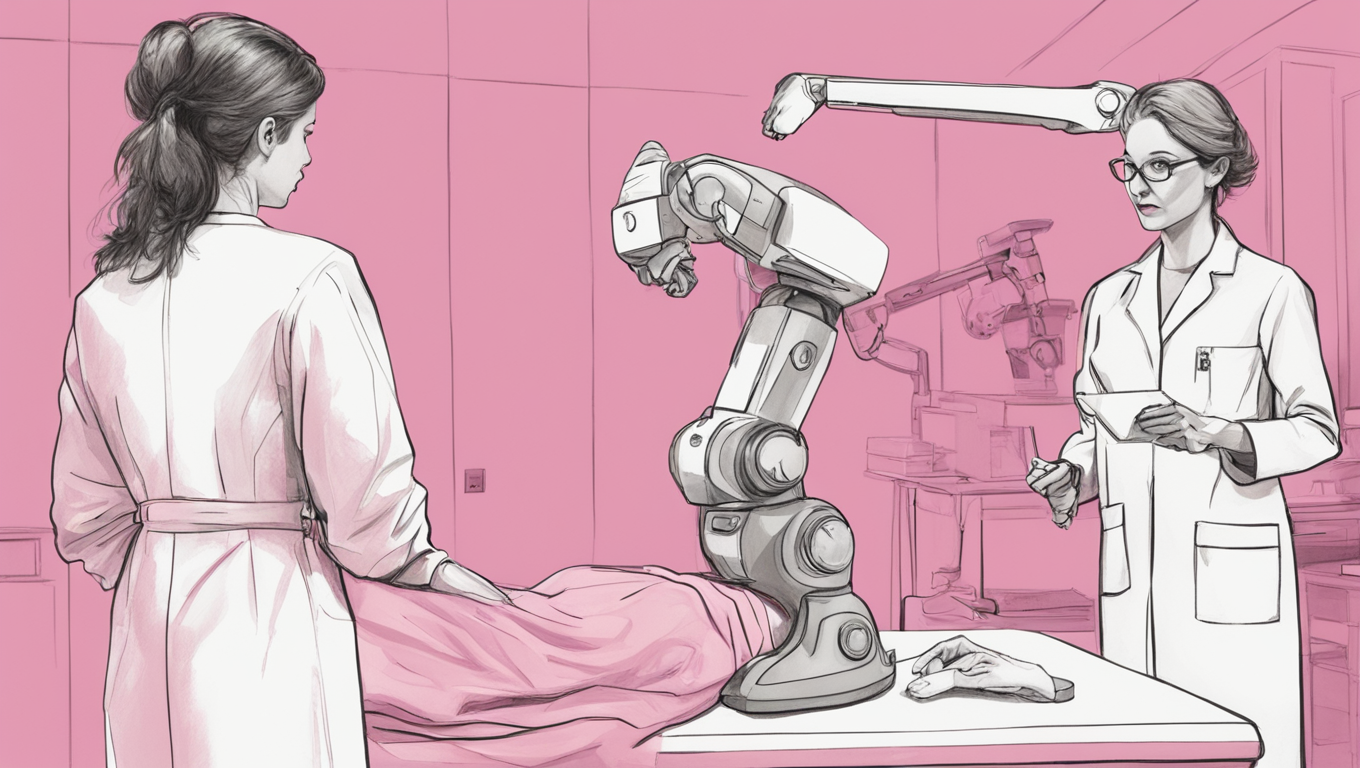Artificial intelligence (AI) is revolutionizing the field of medicine once again, this time in the realm of breast cancer detection. A recent study published in the journal Radiology has shown that AI-assisted mammography can improve doctors' assessments of mammograms, leading to more accurate detection of even the smallest breast cancers and fewer false positive readings that can cause unnecessary anxiety for patients.
The research team, led by Andreas Lauritzen from the University of Copenhagen, conducted a study in which they had human radiologists read the mammograms of nearly 61,000 Danish women aged 50 to 69. This was done before AI was available for the purpose of analyzing breast screenings. Then, between November 2021 and October 2022, an AI program performed the initial analysis of breast imaging for over 58,000 women. Mammograms that were deemed normal by AI were given a second examination by human radiologists to confirm the program’s analysis.
The results were astonishing. AI-assisted screening detected significantly more breast cancers and had a lower false-positive rate compared to doctors assessing mammograms on their own. The study found that 0.8% of women had their breast cancer detected by AI compared to 0.7% without AI assistance. Additionally, the false-positive rate was lower at 1.6% with AI versus 2.4% without AI. The positive predictive value, which is the odds that a woman truly has breast cancer after a positive result, was also higher at 34% with AI-assisted screening compared to 23% without AI.
Furthermore, AI helped doctors find more tumors that were 1 centimeter or less in size, a critical factor in early detection. The study found that AI-assisted screening detected 45% of tumors of this size, whereas doctors alone detected 37%.
One of the significant advantages of AI-assisted mammography is the reduction in the reading workload of radiologists. The study showed that AI reduced the workload by over 33%, making mammograms more widely available by alleviating the strain on radiologists.
However, the researchers acknowledge the need for further study to evaluate the long-term outcomes for women and to make AI even more accurate for individual women. One limitation of the current AI system is that it does not have access to the women’s previous screening mammograms, unlike radiologists. Lauritzen states, “That’s something we’d like to work on in the future.”
The potential impact of AI-assisted mammography is immense. Breast cancer is the most common cancer in women worldwide, and early detection is crucial for improving survival rates. With AI’s ability to detect even the smallest tumors and reduce false positives, it has the potential to improve the accuracy and efficiency of breast cancer screenings, ultimately saving lives.
As AI continues to progress, its integration into the field of medicine will undoubtedly transform healthcare in unprecedented ways. Lauritzen concludes, “We believe AI has the potential to improve screening performance.” Exciting times lie ahead as we unlock new possibilities with the power of AI in medicine.
More information on mammograms and breast cancer screenings can be found on the National Cancer Institute’s website.





Use the share button below if you liked it.